A decidedly impartial review of Mark Jacobson’s 100% Clean, Renewable Energy and Storage for Everything
Renewable Energy World
APRIL 22, 2021
Motivated by New York Governor Cuomo’s willingness to consider banning hydrofracking, Jacobson worked through the night to layer New York’s pollution, human health, morbidity and global warming data into a cohesive model. He then added in the energy outputs from New York’s existing and potential WWS supplies.


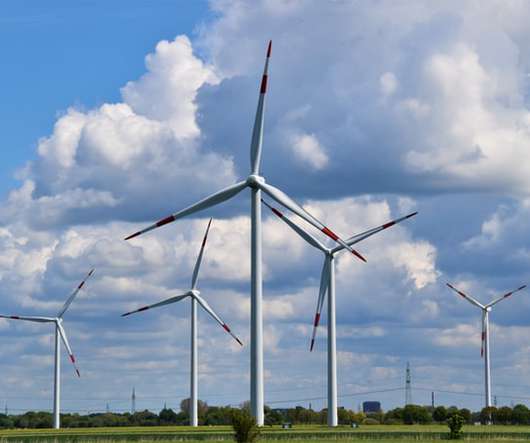
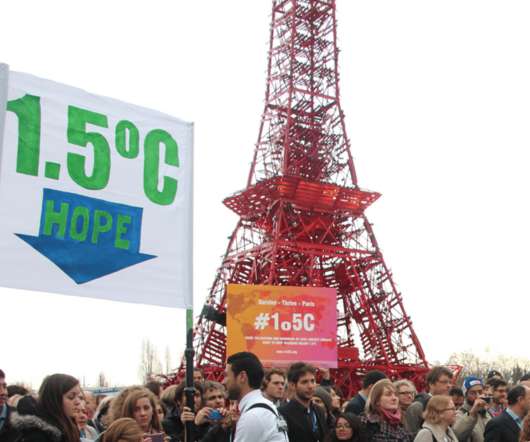
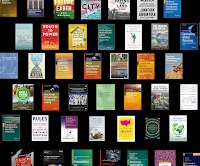
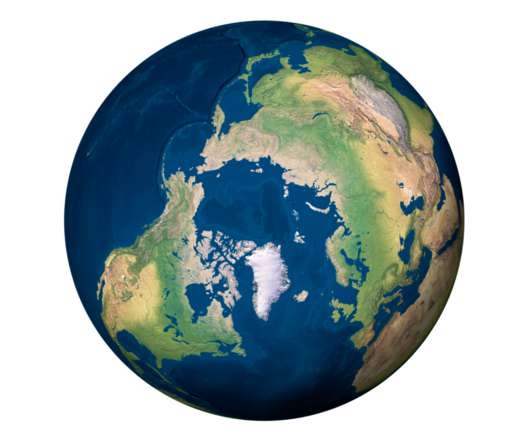
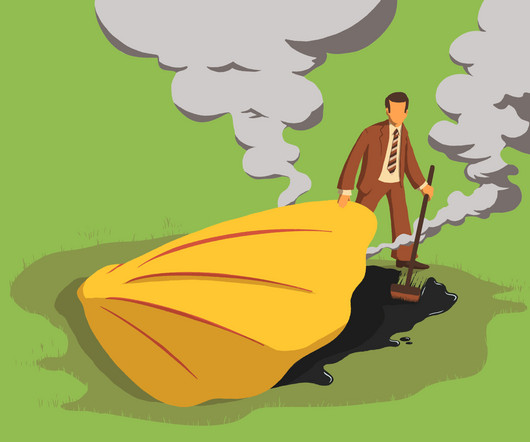








Let's personalize your content